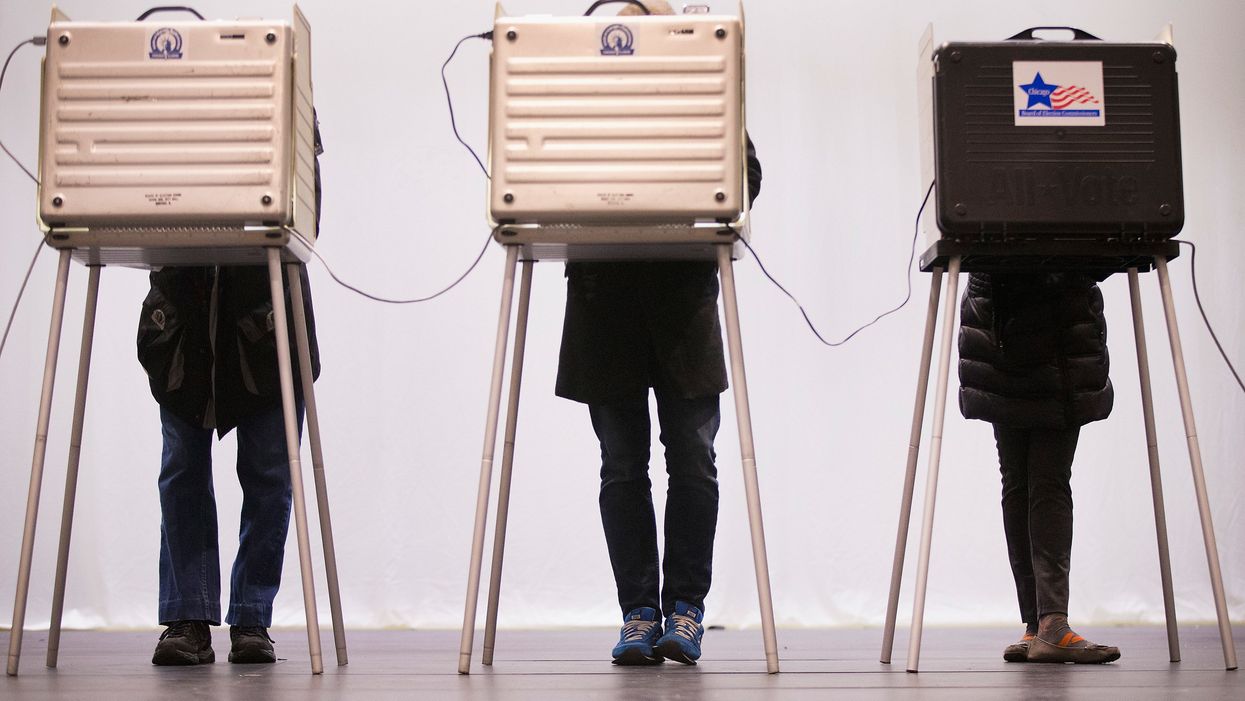As House and Senate negotiators determine how to reconcile a $350 million divide over election security spending, lawmakers headed to one of the Russian hackers' target states this week for a status report on Illinois' preparations for 2020.
While a number of states were targeted in 2016, the Illinois election system was among the most compromised, with black hats successfully gaining access to the voter registration database and positioning themselves to manipulate the data. Investigators found no evidence of any records being altered.
Illinois election officials told members of the House Homeland Security Committee on Tuesday that the state has improved its digital security but more needs to be done to block future hackers.
"Cybersecurity is an ongoing, ever-escalating process that doesn't have an end date, and as such there will be an ongoing need for funds to maintain the program," state Board of Elections Director Steve Sandvoss said at the field hearing in the Chicago suburb if Gurnee, Capitol News Illinois reported.
Sandvoss updated the committee on Cyber Navigator, a new program in which the state uses a $13.2 million federal grant to provide election security support to local officials throughout Illinois. Lake County Clerk Robin O'Connor expressed gratitude for the support but stressed that more needs to be done.
"The threat of election interference, we believe, all of us who are here, is constant and requires proactive monitoring," she said.
In June, the House voted to allocate $600 million to helping the states improve their election security in the year before the election. Senate Majority Leader Mitch McConnell, after stonewalling all election security legislation throughout the summer, relented in September and allowed the Senate to pass $250 million in spending to protect election systems.
The Democratic-led House and Republican-controlled Senate must now negotiate a compromise.
"We know what we need to do to harden our infrastructure, but we're lacking in leadership and funding," Elizabeth Howard, counsel for the Brennan Center for Justice's Democracy Program, told the committee.
She believes the United States needs to spend more than $2 billion to properly protect our election systems.




















